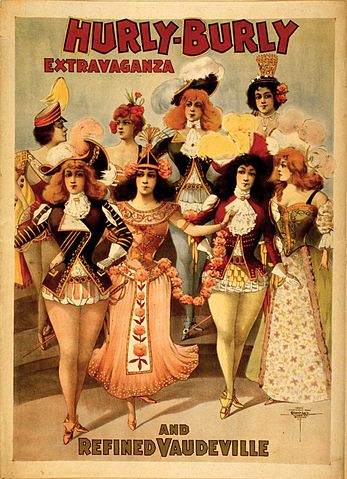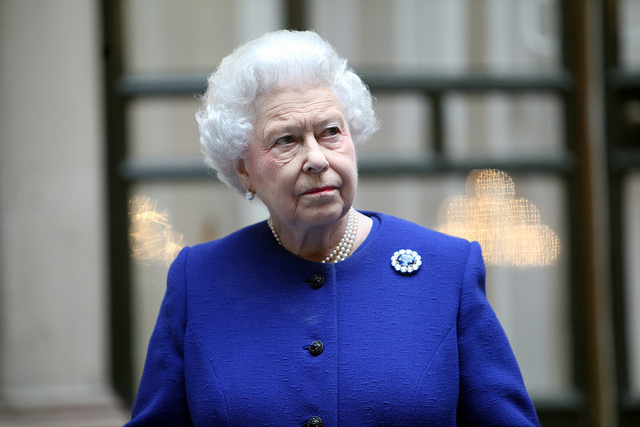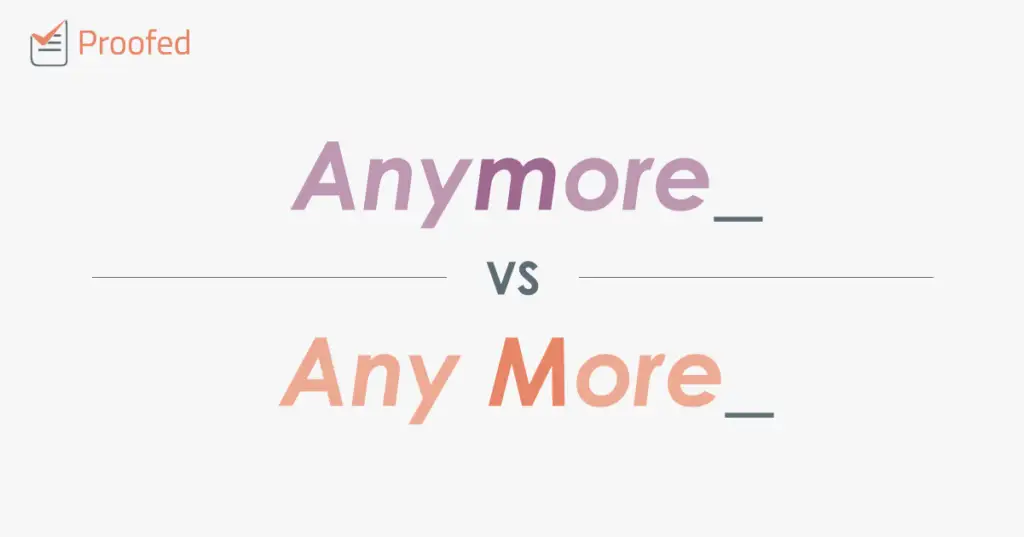How much difference can one little space make? Well, with the words “anymore” and “any more,” it can be the difference between using a term correctly and having errors in your writing!
Good news, though! Your work will be free from mistakes if you follow our vocabulary advice.
Anymore (No Longer)

When written as a single word, “anymore” is an adverb that means “no longer.” For example:
Nobody cares about vaudeville anymore.
Here, we suggest that people have stopped caring about vaudeville (a sad truth). The adverb “anymore” is therefore modifying the verb “cares.” In all cases, “anymore” refers to time.
This term used to be written as two words, but in modern English the one-word version is standard.
Any More (An Indefinite Quantity)
When the words “any” and “more” are separate, they refer to an indefinite quantity of something. This phrase is therefore used as a determiner, such as in the following:
Find this useful?
Subscribe to our newsletter and get writing tips from our editors straight to your inbox.
I cannot stand to see any more Broadway musicals.
In this sentence, using “any more” allows the speaker to say that they don’t want to see another musical without specifying a number. It also implies that they have already seen at least some Broadway musicals, as otherwise they would not need to say “more.”
Language from Across the Pond…
As usual, British English is a bit behind the times. Consequently, the single word “anymore” is less common over there than it is here, so you might want to avoid it if you are writing for the Queen.

(Photo: Foreign & Commonwealth Office/flickr)
Anymore or Any More?
These terms look similar on paper, but each has a special use. The key is that the one-word term “anymore” always means “no longer,” so it is always related to time. The two-word version, meanwhile, always refers to a quantity of something. Remember:
Anymore = Time
Any more = Quantity



